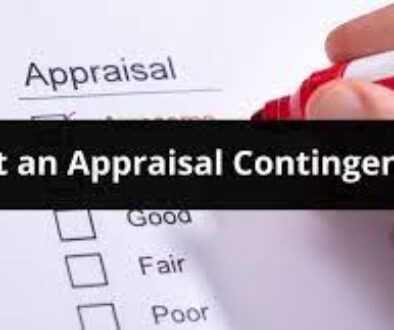What Is a Holding Mortgage? A Guide for California Property Owners
Holding Mortgage
When buying or selling property in California, creative financing solutions often come into play to make deals work. One such option is a holding mortgage, also known as seller financing or owner financing. This guide will help California property owners understand what a holding mortgage is, how it works, and its benefits and risks.
What Is a Holding Mortgage?
A holding mortgage occurs when the property seller acts as the lender, financing all or part of the buyer’s purchase. Instead of the buyer obtaining a loan from a traditional lender like a bank, the seller provides the financing and collects payments directly from the buyer.
In this arrangement, the buyer signs a promissory note outlining the loan’s terms, including the interest rate, repayment schedule, and consequences for default. The property itself serves as collateral for the loan.
How Does a Holding Mortgage Work?
-
Agreement Between Buyer and Seller: The buyer and seller negotiate loan terms, including the loan amount, interest rate, repayment schedule, and duration.
-
Legal Documentation: The agreement is formalized with a promissory note and a mortgage or deed of trust, which is recorded with the county.
-
Buyer Makes Payments to Seller: The buyer makes regular payments to the seller, which may include interest and principal, until the loan is fully repaid or refinanced.
-
Ownership Transfer: The buyer takes ownership of the property at closing, but the seller retains a lien on the property until the loan is repaid.
Benefits of Holding a Mortgage
For Sellers:
- Attract More Buyers: Seller financing can appeal to buyers who may not qualify for traditional loans.
- Steady Income Stream: Sellers receive regular payments, which can serve as a reliable income source.
- Potential for Higher Sale Price: Sellers may negotiate a higher price due to the convenience of financing.
For Buyers:
- Flexible Qualification Requirements: Buyers with less-than-perfect credit or unconventional income sources can benefit.
- Faster Closing Process: Eliminating the need for traditional financing can speed up transactions.
Risks of Holding a Mortgage
For Sellers:
- Default Risk: If the buyer fails to make payments, the seller may need to initiate foreclosure proceedings.
- Delayed Full Payment: Sellers receive payments over time rather than a lump sum at closing.
- Legal and Administrative Responsibility: Sellers must manage loan servicing and adhere to legal requirements.
For Buyers:
- Higher Interest Rates: Seller-financed loans often have higher interest rates than traditional mortgages.
- Shorter Loan Terms: Buyers may need to refinance or pay off the loan in a shorter period.
Legal Considerations in California
- Compliance with State Laws: Sellers must ensure that the loan complies with California’s real estate and lending regulations.
- Professional Assistance: Consulting a real estate attorney or financial advisor is recommended to draft and review agreements.
- Disclosure Requirements: Full disclosure of terms is essential to protect both parties and avoid legal disputes.
Is a Holding Mortgage Right for You?
A holding mortgage can be a win-win solution for both buyers and sellers in California’s competitive real estate market. However, it’s crucial to understand the responsibilities and risks involved. Sellers should assess the buyer’s creditworthiness and consider professional assistance to mitigate risks. Buyers should review the loan terms carefully to ensure they align with their financial goals.
Conclusion
A holding mortgage is an innovative way to facilitate real estate transactions in California. By understanding its workings, benefits, and risks, property owners can make informed decisions that align with their goals. Whether you’re buying or selling, consulting experts and thoroughly evaluating the terms can pave the way for a successful transaction.
📞Contact us at 657-777-0024
🌐 https://thelendingmamba.com/
Email: Info@thelendingmamba.com




